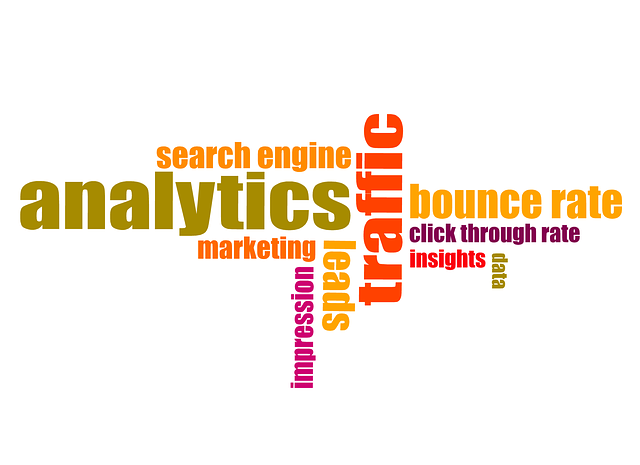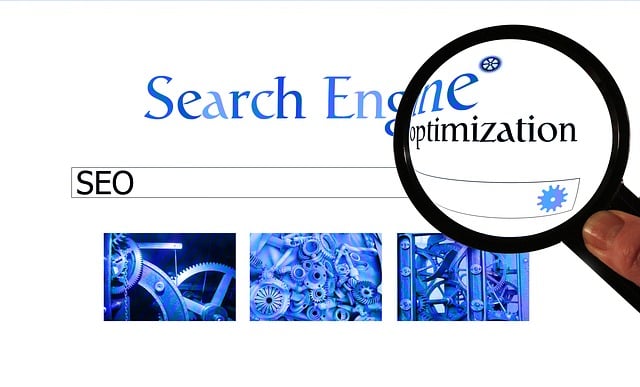Semantic SEO is transforming online visibility by focusing on understanding user intent behind queries, leveraging natural language processing (NLP), entity recognition, topic modeling, and local keywords. This approach enhances search engine comprehension, drives relevant traffic, and boosts conversion rates through contextual content that aligns with user needs. Advanced SEO strategies prioritize long-tail keywords, conversational tone, and structured data to stay ahead in a rapidly evolving digital landscape, ensuring businesses remain competitive and visible.
In today’s digital landscape, understanding Semantic SEO is crucial for any advanced SEO strategies. This evolving paradigm shifts focus from rigid keywords to contextual relevance, driven by search engines’ ability to interpret human language through Natural Language Processing (NLP). By leveraging Entity Recognition and Relationship Extraction, Topic Modeling, and Content Clusterization, businesses can enhance content organization and discoverability. Additionally, integrating Voice Search and refining Local Semantic SEO ensures your brand stays visible in a competitive market.
Understanding Semantic SEO: Unlocking Search Engine Optimization's Future

In the evolving landscape of search engine optimization (SEO), Semantic SEO stands out as a game-changer, paving the way for more advanced and effective strategies. It revolves around understanding the intent behind user queries, ensuring that content not only matches keywords but also provides relevant and valuable answers. By delving into semantic analysis, algorithms can interpret the context, semantics, and synonyms of search terms, leading to more accurate results. This approach is particularly crucial in today’s digital era where users are increasingly sophisticated in their searches.
Advanced SEO strategies embrace semantic SEO by focusing on long-tail keywords, entity recognition, and contextual signals. It involves crafting content that resonates with searcher intent, be it informational, navigational, or transactional. By aligning content with these advanced concepts, businesses can enhance their online visibility, attract the right audience, and ultimately drive better conversion rates. This future-proof approach ensures that SEO remains dynamic and responsive to user needs.
The Shift from Keywords to Context: A New Paradigm in SEO

In recent years, the digital landscape has witnessed a significant shift in search engine optimization (SEO) strategies. The traditional focus on keywords is evolving into a more nuanced approach centered around context. This paradigm change is driven by advanced SEO strategies that prioritize understanding user intent and providing relevant, contextual information. Search engines are now adept at interpreting complex queries, moving beyond simple keyword matching to grasp the semantic meaning behind search terms.
This evolution demands that content creators and marketers go beyond keyword optimization. It involves crafting content that resonates with users’ underlying queries and offers valuable insights. By embracing advanced SEO strategies, businesses can tap into a deeper level of search engine visibility, ensuring their content is not just found but also understood and appreciated by the target audience.
Natural Language Processing (NLP): Powering Semantic Search

Natural Language Processing (NLP) is a game-changer in the realm of Semantic SEO, enabling more intuitive and human-like interactions with search engines. By utilizing NLP, advanced SEO strategies can power semantic search by understanding user intent behind queries. This involves deciphering nuances like context, sentiment, and synonyms, which are vital for delivering relevant results.
NLP allows search engines to move beyond keyword-based searches towards a more complex analysis of the meaning and intent behind content. This shift is crucial in an era where users increasingly rely on natural language to communicate their information needs. As a result, advanced SEO practices must adapt, focusing on creating content that not only includes relevant keywords but also incorporates semantic markers and contextual signals to enhance its discoverability and appeal to search engines’ evolving algorithms.
Entity Recognition and Relationship Extraction: Mapping Information

Entity Recognition and Relationship Extraction are crucial components of advanced SEO strategies, enabling search engines to understand the context and meaning behind content. By mapping information and identifying entities (people, places, things) along with their relationships, these technologies enhance semantic understanding of web pages. This approach goes beyond keyword-based searches, as it allows for a more accurate representation of topics and their interconnectedness.
For instance, when discussing “Semantic SEO Trends,” an entity recognition system might pick up on key terms like “AI,” “machine learning,” and “content optimization.” It could then analyze the relationships between these entities—like how AI influences content creation and improves search engine rankings—to provide a comprehensive overview of the subject. This level of detail enriches search results, ensuring that users find answers to their queries in a more meaningful way, thus boosting the overall effectiveness of advanced SEO strategies.
Topic Modeling and Content Clusterization: Organizing for Relevance

In the realm of Advanced SEO Strategies, Topic Modeling and Content Clusterization play a pivotal role in enhancing search engine optimization. These techniques enable content creators to organize their material in a way that mirrors human thought patterns, making it more relevant to users’ queries. By identifying and grouping semantically related topics, topic modeling helps search engines understand the context behind keywords, thus improving the accuracy of results.
Content clusterization builds upon this by organizing related content into thematic clusters, facilitating a structured navigation experience for readers and search algorithms alike. This approach not only improves user engagement but also signals to search engines that a website offers comprehensive coverage of specific subjects, boosting its authority in those areas. As a result, sites employing these advanced SEO strategies tend to rank higher in search results, driving more organic traffic.
Voice Search Integration: Adapting Strategies for Conversational Searches

As voice search continues to gain popularity, integrating this trend into your Advanced SEO Strategies is essential for staying relevant in today’s digital landscape. Users now rely on virtual assistants like Siri and Alexa to perform web searches, making conversational queries more common. To adapt, content creators should focus on optimizing for long-tail keywords that mimic natural speech patterns. Phrases like “best restaurant near me” or “how to fix a leaky faucet” reflect how users interact with voice search technology.
When optimizing for voice search, it’s crucial to shift from keyword-focused writing to creating content centered around user intent. Rather than simply stuffing keywords, craft answers to potential questions in a conversational tone. This change ensures that your content provides value and satisfies the user’s information needs, ultimately improving user experience and boosting search engine rankings.
Local Semantic SEO: Enhancing Local Business Discoverability

Local Semantic SEO is a powerful strategy for enhancing the discoverability of local businesses in today’s digital landscape. By integrating location-based keywords and contextual signals, search engines can better understand the geographic intent behind user queries. This approach not only improves visibility for local establishments but also delivers more relevant results to customers seeking nearby services or products.
Advanced SEO strategies involve optimizing website content, titles, meta descriptions, and structured data with specific locale-related terms. Additionally, building high-quality backlinks from local directories and industry-specific platforms bolsters a business’s local search rankings. These tactics ensure that when users search for services within a particular area, the most pertinent local businesses appear at the top of the search results, fostering greater engagement and potential conversions.
Continuous Learning and Adaptation: Staying Ahead in Evolving SEO Trends

In the dynamic realm of search engine optimization (SEO), continuous learning and adaptation are paramount to staying ahead in an ever-evolving landscape. With algorithms constantly being refined, new ranking factors emerging, and user preferences shifting, SEO practitioners must embrace a mindset of perpetual growth. Advanced SEO strategies require professionals to stay informed about the latest trends, tools, and best practices. This includes keeping pace with Google’s updates, understanding the growing importance of semantic search, and incorporating machine learning into content optimization.
By adopting a culture of continuous learning, digital marketers can anticipate changes, adapt their tactics accordingly, and maintain or improve their search rankings. Engaging in professional development, participating in industry forums, and staying connected with thought leaders are effective ways to stay ahead of the curve. This proactive approach ensures that SEO strategies remain effective, ensuring visibility and accessibility for online businesses amidst a competitive digital landscape.
